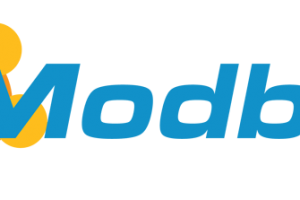
What is DCS?
A Distributed Control System (DCS) is an automated control system that monitors and provides instructions to different parts of a machine. Commonly used in manufacturing equipment, a DCS utilizes input and output protocols to control distributed equipment. DCS systems are commonly used in process industries controlling breweries, refineries, chemical plants, paper mills, etc. The elements of a DCS may connect directly to physical equipment, such as controllers, historians and to Human Machine Interface (HMI) via SCADA.
The different types of DCS include:
- Conventional DCS: a pure “process-only” control system. Typically purchased from one vendor and arranged into categories; small, medium and large.
- PLC-based DCS: a network of PLCs used to perform the task of conventional DCS and programmable functionality when required.
- Hybrid DCS: Performs both process and sequential control.
- Open DCS System: A Field-Bus control. Advantages include: low wiring costs, less failure, lower expansion costs and multi-vendor interoperability. DCS and can be more interconnected.



